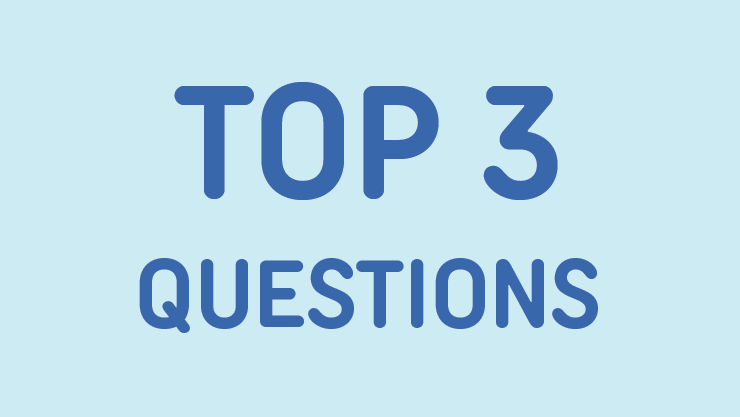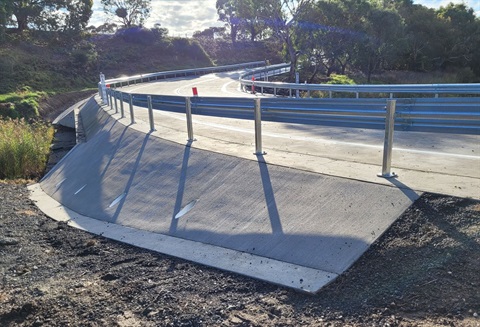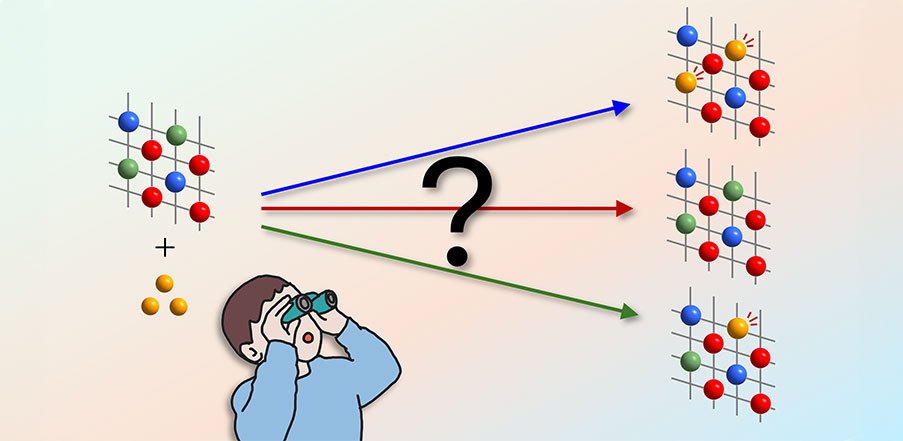
Hello and welcome to today’s top three, my name is Michael Kidd, Deputy Chief Medical Officer with the Australian Government Department of Health and I’m joined by Linda. Thank you for sending in your questions to the top three and we will get to your questions shortly but I wanted to start off by talking about National Cervical Cancer Awareness Week and to send a big thanks to everybody who has been keeping up-to-date with their screening for cervical cancer in Australia. What we know during the pandemic is that many people have delayed having screening for bowel cancer, breast cancer and cervical cancer, it’s very important that we keep cancer screening up-to-date, so please, if it is time to get screened for bowel cancer, breast cancer or especially this week for cervical cancer, please arrange to do so. I’m reminded that cervical cancer screening is now conducted every five years and you can talk to your GP about it.
To your first question, is it okay for me to give blood once I have received a COVID-19 booster? The requirement at the moment is that you wait seven days after receiving a COVID-19 vaccine, whether it’s the initial two vaccines or the booster, before donating blood. This applies to all of the COVID-19 vaccines available in Australia. The reason for the seven day delay is that some people, after they receive the vaccine, can experience side effects and particularly the side effect of fever. The Australian Red Cross blood bank won’t allow people to donate blood if they currently have a fever. We want people to be as fit and healthy as they can be when they are donating blood because this reduces the risk of any possible side effect including fainting which occurs for some people after they have donated blood. We want you to be fit and well and therefore please wait seven days before presenting to donate blood. If you have had COVID-19, and we have now had over 185,000 people who have been infected with COVID-19 in Australia. You need to wait 28 days after fully recovering from COVID-19 before you are able to donate blood.
Your second question this week is will the vaccine stop me from getting long COVID? Long COVID is a syndrome which occurs in some people who’ve been affected with COVID-19. Some people will recover very quickly but others can have symptoms which can last for weeks or for many months after the initial infection with COVID-19. Some people will experience prolonged fatigue or tiredness or reduced exercise capacity or what is called brain fog. Where people just find they can’t think clearly, can’t concentrate clearly and some people will become quite depressed after infection with COVID-19. This syndrome is called long COVID and what we know is vaccination is one of the ways of reducing the risk of developing long COVID. As well as providing all the other benefits of vaccination, of reducing the risk of you being infected with COVID-19, reducing the risk of transmitting COVID-19 to other people and of course dramatically reducing the risk of becoming seriously unwell or requiring hospitalisation with COVID-19. Vaccination also reduces the risk of developing symptoms of long COVID. Please, if you haven’t yet arranged for your first two shots of the COVID-19 vaccine, please arrange to do so. If you have had your first shot but your second shot is overdue, please arrange to get that. If you have now reached six months since you have had the second dose of your initial vaccines, you are now eligible for a booster dose of the COVID-19 vaccine.
The third question is, could my natural immunity just fight this virus without needing the vaccine? We are still learning a lot about COVID-19 and about how infection with this virus affects the immune system in different people. We don’t understand why some people may become very seriously unwell if they are infected with COVID-19, while other people may have mild symptoms and while other people may not have any symptoms at all. We do know of course that the risk of becoming very seriously unwell increases with age and also is related to a number of other chronic health conditions. There are still people who are apparently healthy, and younger people, who can become seriously unwell if infected with COVID-19. The vaccines of course reduce those risks dramatically. So our recommendation is please don’t rely on natural immunity, please make sure that you are getting vaccinated and getting fully protected against COVID-19. Remember as well of course, that vaccination provides many other benefits. It reduces the risk of transmitting the virus to other members of your family, especially to older people but also children under the age of 12 who are unable to be vaccinated. The more people who we can protect from becoming unwell with COVID-19, the less pressure and stress on our healthcare system and the ability for our healthcare system to provide all the other services, which are needed by our community. Big message, please get vaccinated.
That is our top three for today. Thank you for joining us and a big thank you to Linda.
Top 3 questions
- Is it still okay for me to give blood once I’ve received a COVID-19 booster?
- Will the vaccine stop me from getting long COVID?
- Could my natural immunity just fight this virus without a vaccine?









